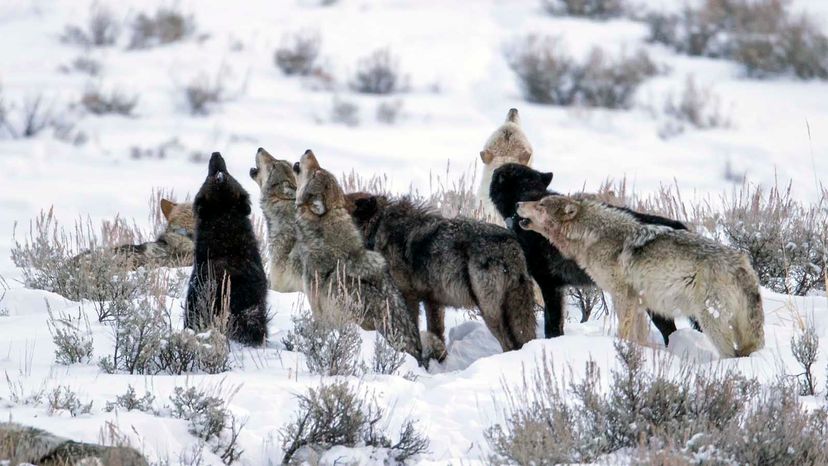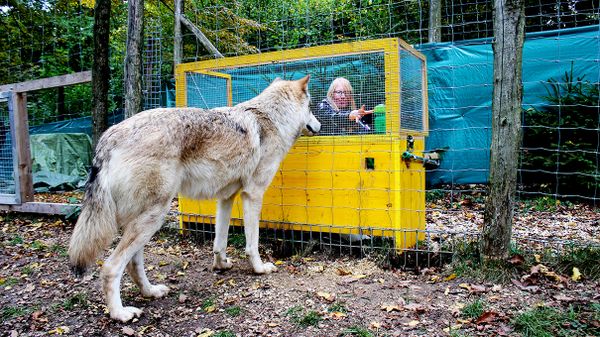
After the Trump administration took the gray wolf (Canis lupus) off the Endangered Species Act (ESA) in October 2020, U.S. District Judge Jeffrey S. White ruled Feb. 10, 2022, that gray wolves in the lower 48 states will be restored protections.
Judge White ruled that the U.S. Fish and Wildlife Service improperly delisted the wolves, which had been federally protected since 1970. That decision made by the Trump administration removed all wolves in the lower 48 states from federal protections suggesting that populations of the animals had recovered. The Biden administration also upheld the decision.
Advertisement
However, since their removal, the wolves have been exposed to aggressive hunting in areas where they were nearly killed off years ago. Judge White's new ruling now bans most forms of wolf kills, including those like a controversial February 2021 hunt in Wisconsin, in which licensed hunters killed 218 wolves in just three days.
An alliance of environmental organizations, including Friends of the Wisconsin Wolf & Wildlife petitioned the Secretary of the Wisconsin Department of Natural Resources in August 2021, detailing wrongdoings of the 2021 wolf hunt. (See sidebar for more information.) Their evidence, along with the delisting of gray wolves, helped convince Judge White to relist the gray wolf.
But not all gray wolves in the U.S. will be protected under the new ruling. The gray wolves of the Northern Rocky Mountains are unaffected. That includes wolves in states like Idaho, Wyoming and Montana, where they often move in and out of Yellowstone National Park. At least 24 Yellowstone wolves have been confirmed killed in the 2021-2022 hunting season alone.
The U.S. Fish and Wildlife Service is currently reviewing the Northern Rocky Mountains wolf population to determine whether they require ESA protections again, as well.
But many livestock associations, hunters and farmers aren't pleased with Judge White's ruling, saying the wolves have recovered and want conservation left to the states and local organizations.
Currently, if someone violates the Endangered Species Act of 1973, they can receive fines of up to $50,000 per violation, or prison time. That again includes harming or killing an endangered gray wolf.
Advertisement

